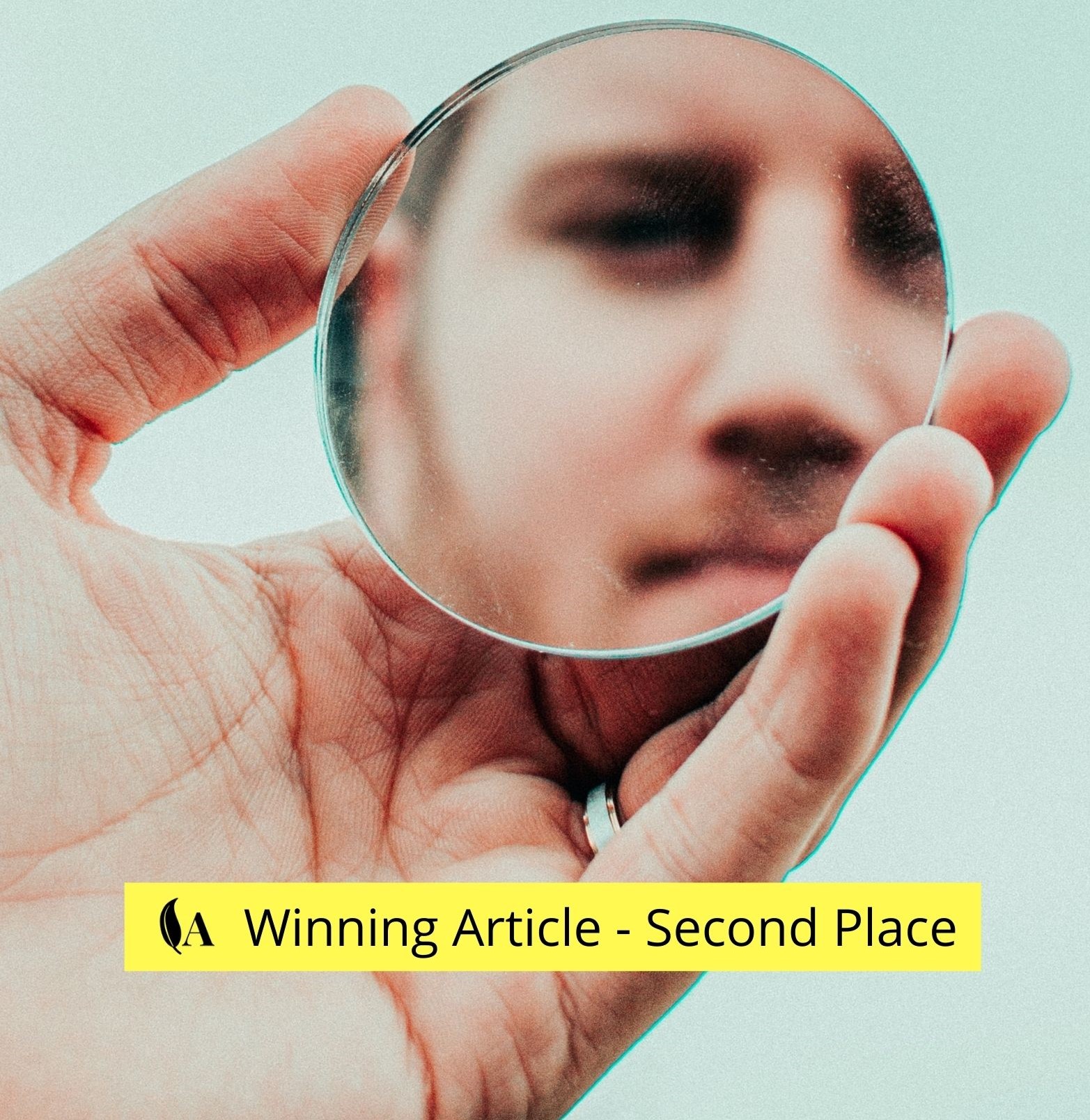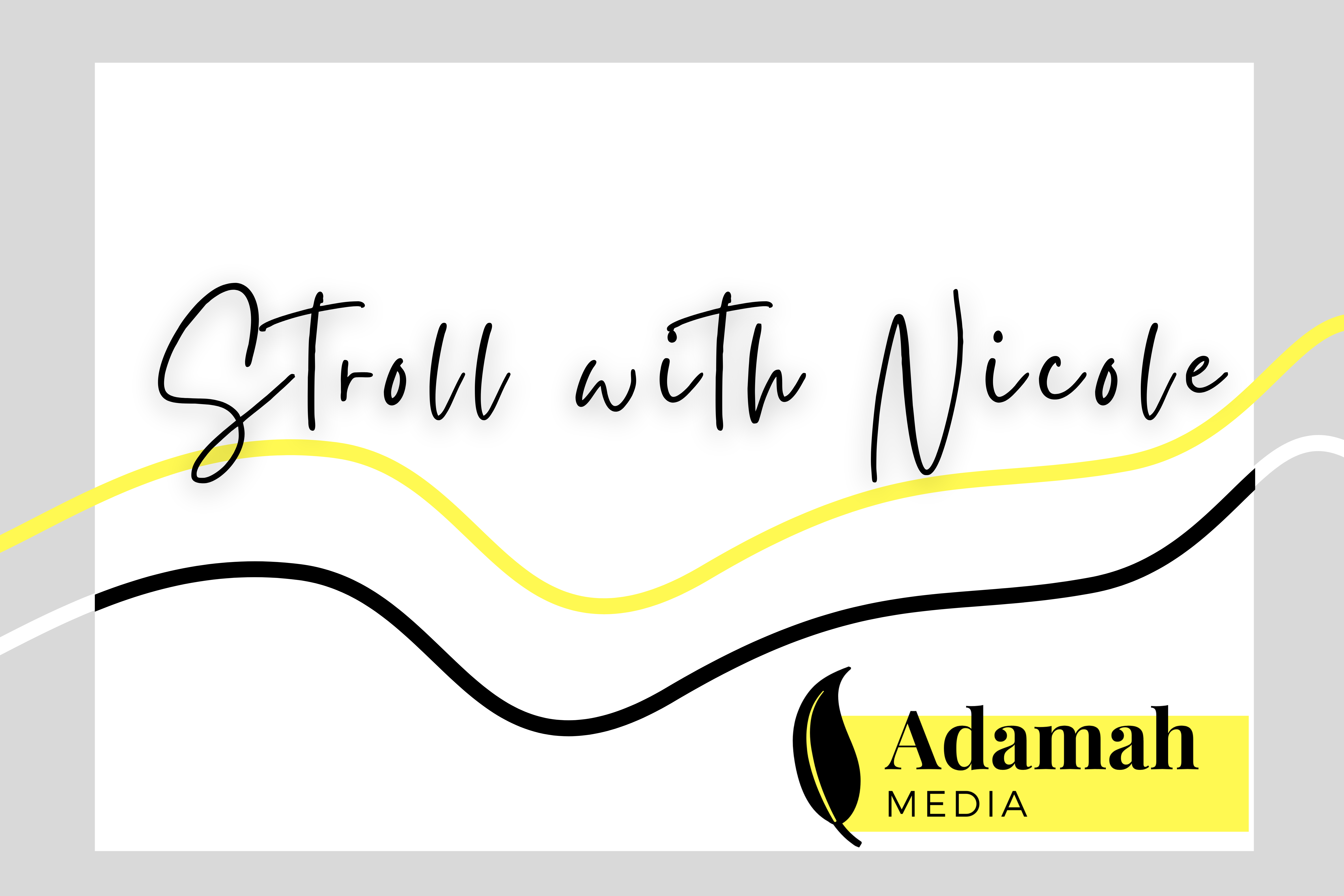
Finding ourselves through loss
John-Luke Harris believes that all we have lost in lockdown might be key to finding ourselves once it ends. This article won second place in our Adamah Media Young Writers’ Competition.
In countries like mine the long-awaited vaccine has finally arrived, though many poorer nations are still waiting. Our hope is that we might become united once again with our families and loved ones. With the arrival of the vaccine, and after this long, bitter gestation, in many ways we are on the cusp of our own nativity, an archetypal rebirth of society.
The ‘hero’s journey’ is a myth pattern found in narratology which illustrates the transformative nature of embracing challenges, often with the help of a mentor. In myths and legends, a character typically undergoes a death and rebirth process after which they transcend their challenges and become something greater – a hero.

Carl Jung would argue that this recurring death and rebirth cycle is a projection of our unconscious and that as a result, it is a fundamental part of our humanity that we engage in this revolutionary process.
As a trainee psychotherapist, I have certainly seen this archetype manifest in therapy sessions. It seems to me, however, that through the trials and challenges of this year, especially with the removal of social and spiritual dimensions which often define our humanity, we have, as a society, embarked on this journey across the Styx, that mythical river which leads to the land of the dead.
The arrival of the lockdown in March saw the death of our social dimension and the environmental factors which define us.
With the removal of work, family, friends and hobbies, it is unsurprising that the already-growing mental health crisis has been exacerbated. Prior to the lockdown, we may not have given much thought to our need for social connection, focusing instead on material and financial gains. Defining ourselves by wealth and status, we may forget this vital aspect of our human existence. Winnicott famously posited that there is no such thing as a baby, in that a baby does not exist without a mother.
The inverse must also be true: there is no such thing as a mother without a child. According to Winnicott, the social dimension is therefore an essential and defining factor of our humanity. This interconnectedness is at the heart of the ancient African philosophy called ‘Ubuntu’. The great South African human rights campaigner Archbishop Desmond Tutu describes Ubuntu as the following:
“A person is a person through other persons. None of us comes into the world fully formed. We would not know how to think, or walk, or speak, or behave as human beings unless we learned it from other human beings. We need other human beings in order to be human.”
Clearly removing or inhibiting external human connection has an impact not only on our social dimension but on the very fabric of our existence. Unsurprisingly, a key feature of the pandemic has been the use of video conferencing platforms to communicate with similarly isolated family and friendship groups.

It was perhaps necessary that this social dimension die so that we might now be reminded of our Ubuntu. We may not have realised how much it meant to us to be connected to our fellow humans, whether that be via Zoom or, as happened in the UK in springtime, standing on our doorsteps applauding the National Health Service.
Similarly, as coronavirus has implicated nearly every person on the planet, there is a shared experience of suffering – another strand binding us to the rest of humanity.
As a result of the pandemic, we can better understand the tribulations that our neighbour might be going through.
From an etymological perspective, to feel compassion for someone means to ‘suffer-with’ them. Whilst the suffering may not be pleasant, perhaps through sharing in this suffering we can be reminded of our human interconnectedness and grow closer to one another. For the first time in living memory, we are united through pain and hardship yet simultaneously through compassion and empathy.
If the pandemic has given us anything, it has given us time to reflect; time to ruminate our existence and what defines us. But, as any therapist will tell you, this rumination is a double-edged sword.
On the one hand, it opens us up to a spiral of self-doubt and over-thinking. If not kept in check, we may fall victim to our proclivity for negative emotion. On the other hand, it allows us to explore what defines us – and what doesn’t. Who am I? Who are we when the very aspects which had hitherto defined us such as our career and hobbies and relationships are taken away?
When the external persona that we had created is peeled away, like the ‘Man of immediacy’ in Kierkegaard’s The Sickness Unto Death, we may not know who we are – and that is terrifying. However, this may be necessary to grow within ourselves as we circumambulate around the hero’s journey. Joseph Campbell famously expressed this as follows:
It is by going down into the abyss
that we recover the treasures of life.
Where you stumble,
there lies your treasure.
(Campbell, 1991)
So, what does life look like on the other side of the hero’s journey? The pandemic has taught us so many lessons about the world we live in. The social engagements, parties, and weddings which were sacrificed last year will be resurrected in a new light in the coming year. This time around, I anticipate guests will have a more profound – shared – understanding of one another and the struggles that have been experienced. For the first time in generations, it will be possible to feel, at least in part, how our brothers and sisters in far-flung countries might feel when facing natural or man-made disasters.

Recent years have been marked by polarisation and division. Borders have grown tighter and tribalism has been renewed. It seems realistic to hope that this worldwide pandemic will help to unite the nations as we grow in empathy towards one another. I look forward to the day that masks are removed, and we are able to see the face of other human beings; relating to them not as mere objects but valuing their ‘otherness’.
Martin Buber suggests that by seeing this ‘otherness’ in our neighbour, we grow not only within ourselves, but tend towards the transcendental. As the masks are removed from our neighbours’ faces, we might begin to see the face of God.
Many have expressed concern over recent years about the growing secular mentality of society. It is my belief that as we lose our foothold in the spiritual dimension, our sense of being becomes disorientated. Kierkegaard warns us that by ‘mortgaging ourselves to the material world’ and defining ourselves only by external values, we lose ourselves.
My hope for the future is that after the removal of some of the material and worldly factors by which we have defined our lives, it might now be possible for people to discover who they really are and transcend the limiting conditions that the secular mindset previously placed upon us. After months of isolation and self-reflection, I hope that people will become re-orientated and once again face towards the East of renewal and new beginnings as generations before ours have done.
These have been terrifying and uncertain times … of that, there is no doubt; yet as we turn the corner of this journey, my hope is that this will be a new renaissance. The arrival of a vaccine marks a rebirth. Music, performance, and hospitality will be revived, and society will get back to normal albeit with a more profound sense of connectedness.
Having navigated the troubled waters of 2020 together, I am optimistic that we will be able to embrace the inevitable challenges of the future with a renewed stoicism and a deeper faith in ourselves and each other. We will have relearned many of the things that pre-lockdown society had forgotten: how to suffer and how we are interconnected.
And, perhaps most fundamentally, from this time in which we have learned to live with fewer external distractions and have been made more aware of our need for others, we might at last begin to consider how we are seen in the eyes of God.
Like what you’ve read? Consider supporting the work of Adamah by making a donation and help us keep exploring life’s big (and not so big) issues!

One Comment
Penny House
Multi-dimensional analysis of human behaviours when faced with the extraordinary. Very thought provoking piece.